Comprehensive Assessment of Hygiene Factors Contributing to Poor Healthcare Facility Conditions in South Sudan: Implications for Public Health
Tap John Puol and Israel O. Obaroh
Department of Biological and Environmental Sciences, School of Natural and Applied Sciences, Kampala International University, Uganda.
ABSTRACT
Poor hygiene practices in healthcare facilities contribute significantly to the spread of diseases and compromise public health outcomes, especially in resource-limited settings like South Sudan. This study presents a comprehensive assessment of the multifaceted factors influencing hygiene conditions in selected healthcare facilities in South Sudan. Using a mixed-methods approach, data were collected from Juba Teaching Hospital, Bentiu State Hospital, Nyal Primary Health Care Centre, and Ganyliel Primary Health Care Centre. The study population included medical professionals, hospital staff, patients, and visitors. The results revealed a range of individual, environmental, and health facility factors contributing to poor hygiene. Individual behaviors such as inadequate hand washing, improper waste disposal, and lack of infection control awareness were identified as significant contributors to poor hygiene. Environmental factors such as inadequate sanitation infrastructure, unreliable water supply, and improper waste management practices were also found to exacerbate hygiene challenges. Moreover, health facility factors including overcrowding, inadequate staffing, and limited waste disposal resources further compounded the issue. Statistical analyses demonstrated significant correlations between these factors and poor hygiene outcomes, underscoring the complexity of the problem. Recommendations for improving hygiene standards encompassed comprehensive training programs, infrastructure upgrades, robust infection prevention policies, community engagement initiatives, and quality improvement measures. By addressing these multifactorial challenges, healthcare facilities in South Sudan can enhance hygiene standards, mitigate disease transmission, and improve overall public health outcomes. This study contributes valuable insights to the global discourse on healthcare hygiene and underscores the urgent need for tailored interventions in resource-constrained settings to ensure safe and hygienic healthcare environments.Top of Form
Keywords: Poor hygiene, waste management, South Sudan, Health care, Respondents, Environmental
CITE AS: Tap John Puol and Israel O. Obaroh (2024). Comprehensive Assessment of Hygiene Factors Contributing to Poor Healthcare Facility Conditions in South Sudan: Implications for Public Health. IAA Journal of Biological Sciences 12(2):61-71. https://doi.org/10.59298/IAAJB/2024/122.617111
